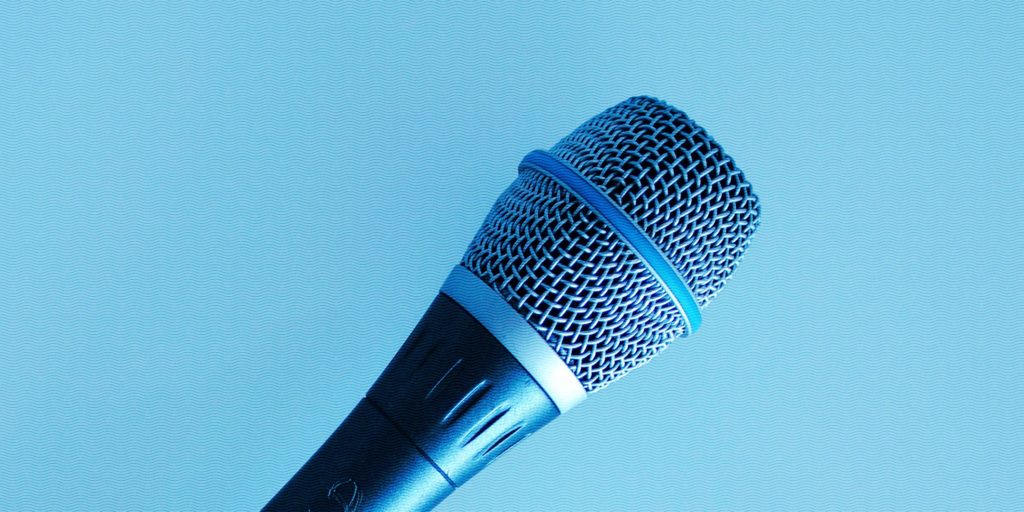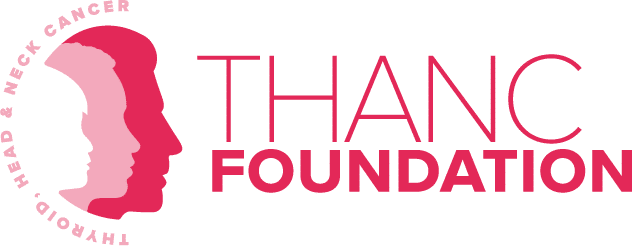
In October of 2020, life was somewhat normal (aside from the ongoing COVID-19 pandemic). I started noticing phlegm caught in my throat, but I thought nothing of it. I felt great. I was a healthy, athletic guy and had no reason for concern.
Around the time I noticed this phlegm, I took my father to an ENT for his own checkup. Shortly after, I returned to that doctor to get myself checked out. The doctor took a biopsy, and less than a week later, I got the phone call. I was on my way to the gym when I heard the words, “You have cancer.” I was absolutely dumbfounded.
After receiving news of the carcinoma on the base of my tongue, I sought recommendations for treatment. My oncologists felt chemotherapy and radiation would be the best course of treatment for me, and that surgery would not be necessary. I then met with a surgeon who believed he could take the cancer out. The surgeon encouraged me to meet with one of his colleagues to see if they concurred with his assessment. And they did!
The chemo and radiation were the hardest experiences of my life, and I wondered how I would ever come back from it.
I was elated to move forward with surgery. I sailed through the surgery and was in good shape. In fact, they scheduled my surgery two days before Thanksgiving. On the morning of Thanksgiving, my care team came to my hospital room. They asked if I’d like to go home for the holiday. I was amazed! I was equally surprised to start eating food a few days later. I healed with very little pain.
Following surgery, I met with a radiation oncologist, who leveled me with the bad news that my next treatment steps would require chemo and radiation. I was shaken up. I feared the chemo would tear me apart.
The chemo and radiation were the hardest experiences of my life, and I wondered how I would ever come back from it. I went from being a previously active person to barely managing to get off the couch without assistance.
I embarked on a mission to get back to who I was.
I’m the strongest person I know. I take care of everything with my family, and I don’t ever crack. But, at this point in time, I cracked. I was afraid of everything. So, I reached out to mental health professionals for help. I never thought I would need to do that in my lifetime, but I realized I was out of my league. They put me on some medication and helped me through it. Eventually, I came out of it.
Six weeks after the end of my treatment, I started taking steps to get back to myself. I began walking, adding a little bit of distance each day. I decided to go to a physical therapist to get back into exercise with professional help.
I embarked on a mission to get back to who I was. After working with the physical therapist for a month, I felt it was time to return to one of my favorite sports: racquetball. Once I eased back into the swing of racquetball, I moved on to tennis. Following six weeks of tennis, I felt pretty good and started playing basketball again—my first love.
Two months later, I returned in full force to playing with college-level, semi-professional players. I am now in better shape than I’ve been in the past decade.
No sooner had I come out the other side of my treatment, when my wife was diagnosed with breast cancer. She had surgery and will soon go to her last chemo appointment. She looks to me as a beacon of hope—seeing me recover from this and become myself again.
Whatever you do, don’t try and go at it alone.
I am so grateful for all the people involved in my care—surgeons, doctors, nurses, infusionists and others. It was a world of caring people from top to bottom. I was shocked at how each individual worked to make this journey easier for me and others.
When I was first diagnosed, my surgeon gave me the name of a former patient to contact. When I spoke with him, he explained exactly what to expect and assured me that I would get through it. He shared stories of his experiences. He told me how he got through the challenges of his treatment: by thinking of the things most important to him.
After hearing his story, I made it my mission to get through my own challenges. Every time I came in for radiation treatment, I closed my eyes and thought of my new grandchild. I imagined him sitting on my lap and pictured playing with him. That got me through it.
Reaching out to psychologists and psychiatrists also helped me immensely. Take the help out there, because it is unbelievably impactful. You can’t do this by yourself, but with the support of others, persevering becomes much easier.

Will You Share Your Journey?
April is Oral Cancer Awareness Month. As part of that theme, we post stories written by oral cancer survivors, caregivers and medical professionals for our 30 Stories in 30 Days™ campaign. The insights they share can help others along their journey.


